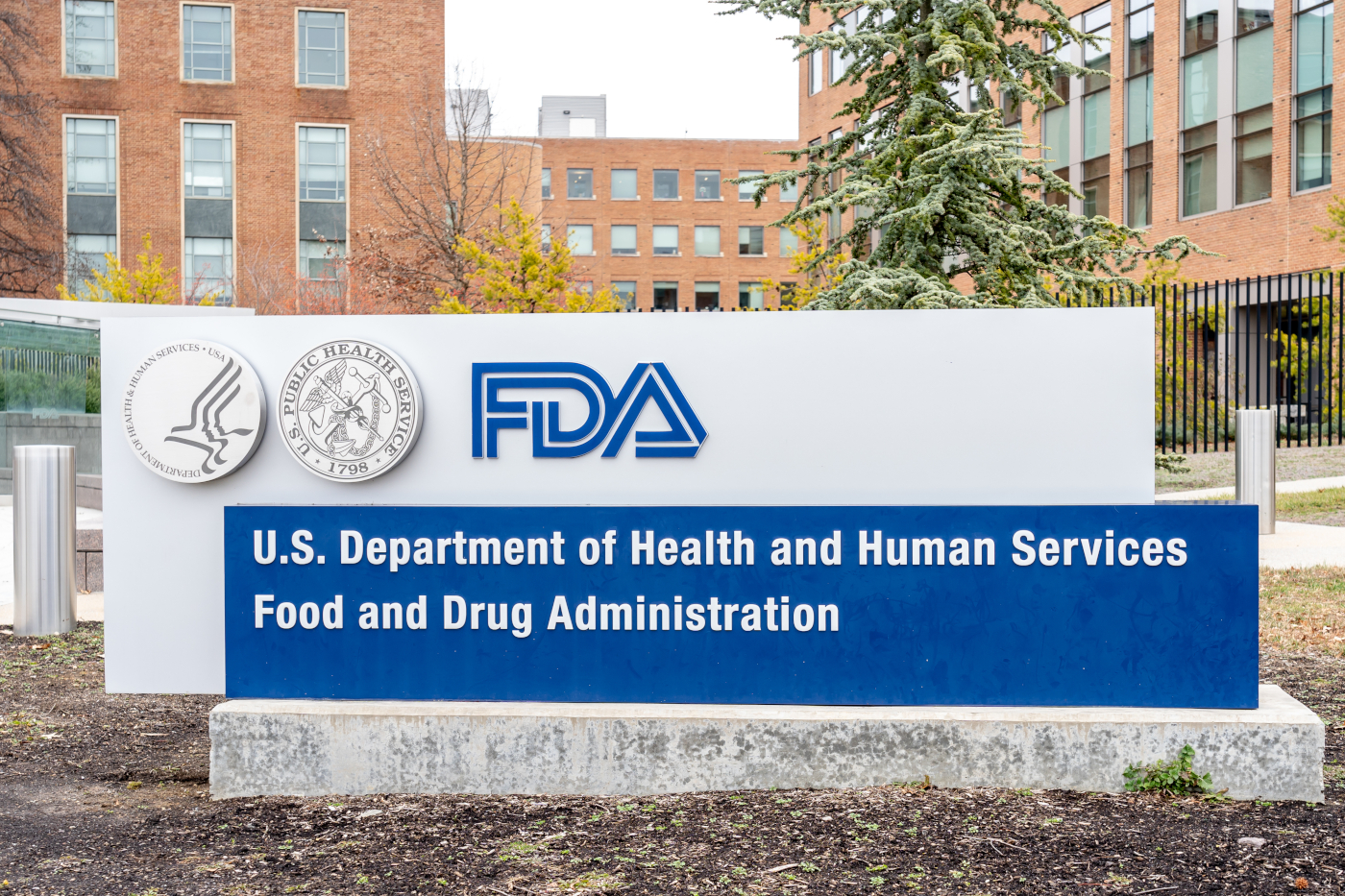
Authors
John Lyon
Strategic Communications Manager
Elizabeth (Izzy) Montgomery, MPA
Health Policy Analyst
An advisory group that provides recommendations to the Centers for Disease Control and Prevention (CDC) on vaccines has been in the news frequently following the removal of all its voting members by Secretary of Health and Human Services Robert F. Kennedy Jr. and the appointment of new members.
The Advisory Committee on Immunization Practices (ACIP) includes up to 19 voting members, chosen by the health secretary, who are responsible for making vaccine recommendations. All are medical and public health professionals except for one who is a consumer representative charged with providing perspectives on the social and community aspects of vaccination. As of July 2, seven voting members have been named to the panel in the wake of Kennedy’s June 9 firing of all the former voting members, who then numbered 17.
ACIP also has six ex-officio members, who represent other federal agencies with responsibility for immunization programs in the U.S., as well as dozens of representatives of professional organizations who provide comment and offer perspectives during ACIP’s public meetings. ACIP members also participate in working groups that review scientific information on vaccines and present findings and recommendations to the full advisory committee, which votes on their recommendations.
ACIP is charged with reviewing vaccine clinical trial data to establish vaccine recommendations for children and adults. Ultimately, the CDC director reviews and decides whether to approve or modify ACIP’s recommendations, which are then published in the CDC’s Morbidity and Mortality Weekly Report. Once published, the recommendations are codified as official CDC vaccine recommendations.
On Thursday, June 26, ACIP voted to recommend only flu vaccines that do not contain thimerosal, a mercury-based preservative. Since 1999, most flu vaccines in the U.S. have been manufactured without thimerosal. Anti-vaccine activists have alleged thimerosal is linked to autism, a claim that has been widely disputed by the scientific community and public health organizations, including the U.S. Food and Drug Administration (FDA), the CDC, and the World Health Organization.
The FDA also has an advisory panel on vaccines, the Vaccines and Related Biological Products Advisory Committee (VRBPAC). VRBPAC is charged with evaluating data regarding the safety, effectiveness, and appropriate use of vaccines and related biological products. VRBPAC advises the FDA commissioner or the commissioner’s designee in performing responsibilities related to vaccines.
VRBPAC has 15 voting members selected by the FDA commissioner. The voting members are leading authorities in the fields of immunology, molecular biology, virology, vaccine policy, vaccine safety science, and other key vaccine-related disciplines. Patient representatives and expert consultants are often added as temporary voting members. As of late June, FDA Commissioner Dr. Martin A. Makary had not announced any plans to change the membership of VRBPAC.
Typically, the FDA advises vaccine manufacturers each year on what flu strains to include in upcoming flu shots after consulting with VRBPAC, but in March the agency issued recommendations without consulting with its advisory panel.






